
Childhood shapes the foundation of who we are. But when trauma enters the picture, those formative years can leave scars that ripple into adulthood, affecting how we interact with others and even how we see ourselves. Childhood trauma isn’t just an unpleasant memory—it can profoundly influence our mental health, relationships, and overall well-being.
The Shadow of Childhood Trauma
Imagine meeting someone new and feeling like you’re walking on eggshells, unsure why trust or connection feels so difficult. For many of us, this hesitance may be linked to childhood trauma—those painful experiences we might not even fully remember but that continue to influence our lives today.
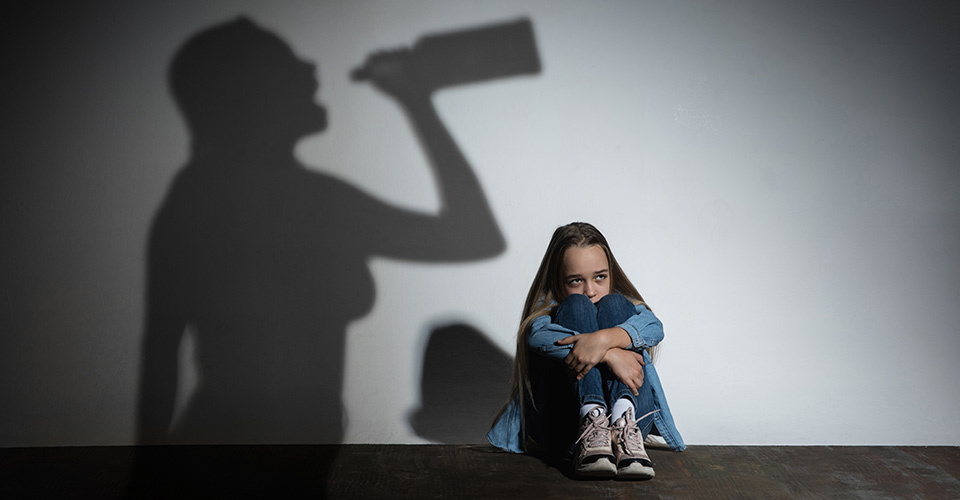
Through reflection, therapy, and awareness, we can unravel the layers of trauma and begin healing not only ourselves but our relationships. Let’s delve into the ways these early experiences shape us and how we can overcome their challenges.
Understanding Childhood Trauma
Childhood trauma includes any distressing experience that overwhelms a child’s ability to cope. Common sources include abuse, neglect, losing a loved one, or witnessing violence. These experiences can lead to emotional scars that show up as trauma triggers in adulthood.
How Childhood Trauma Affects Adult Relationships
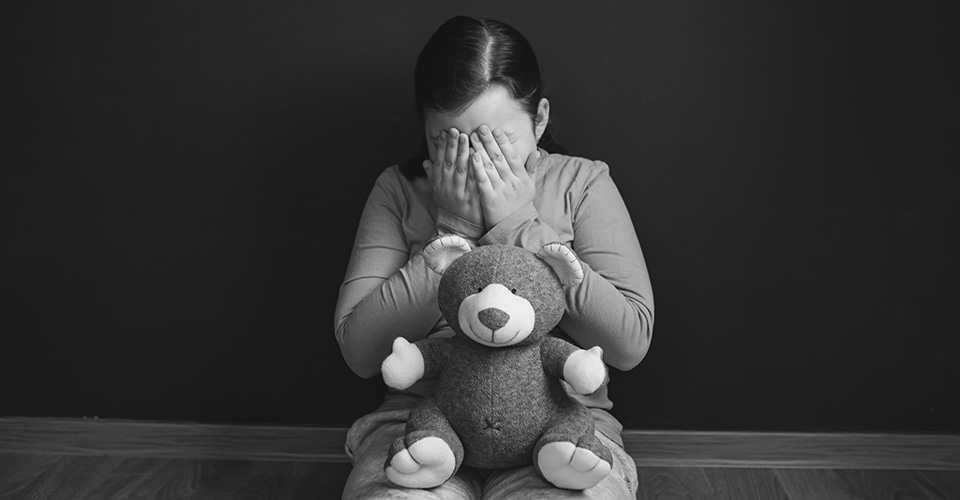
Childhood trauma leaves deep emotional imprints that often shape our relationships, behavior, and mental health in adulthood. For many of us, the experiences of betrayal, neglect, or abuse in formative years create invisible wounds that resurface later in life as trust issues, communication problems, or emotional dysregulation.
1. Trust Issues
Trust forms the foundation of healthy relationships, but for those of us who endured betrayal or neglect as children, trusting others can feel unsafe. When caregivers failed to provide consistent love or protection, we may have internalized the belief that people are unreliable or dangerous.
In adult relationships, this fear can manifest as:
- Reluctance to share emotions or vulnerabilities
- Suspicion of a partner’s motives, even without evidence
- A tendency to isolate rather than rely on others
Building trust after trauma takes time and deliberate effort. By gradually opening up to safe, supportive people, we can begin to challenge the belief that others will always disappoint us.
2. Difficulty with Conflict Resolution
Conflict is a natural part of any relationship, but unresolved childhood trauma often makes navigating disagreements difficult. Many of us lacked healthy examples of conflict resolution during childhood. Instead, we may have witnessed explosive arguments or complete avoidance of tough conversations.
As adults, this often results in:
- Struggles to express feelings without anger or defensiveness
- Avoidance of discussions that could lead to conflict
- Escalated arguments that feel overwhelming or unproductive
Learning effective conflict resolution skills—like active listening, staying calm under pressure, and using “I” statements—can transform how we manage disagreements.
3. Fear of Intimacy
Intimacy requires vulnerability, trust, and emotional openness—qualities that feel dangerous for those of us shaped by trauma. If our early caregivers hurt or abandoned us, it’s natural to fear letting others get too close.
This fear can lead to:
- Superficial relationships that avoid deeper emotional connection
- Overthinking or sabotaging promising partnerships
- Difficulty maintaining long-term commitments
Healing starts with recognizing that intimacy isn’t about perfection but shared growth and understanding. Professional guidance can help us rebuild our capacity for closeness without fear.
4. Overreacting to Trauma Triggers
Trauma triggers are sensory cues—like smells, sounds, or specific situations—that unconsciously remind us of painful childhood experiences. These triggers can provoke intense emotional or physical reactions, complicating our interactions with others.
For example:
- A raised voice might bring back memories of verbal abuse, causing panic or anger.
- Being ignored in a conversation could evoke feelings of neglect, leading to overreactions.
Managing trauma triggers involves understanding their source, practicing mindfulness, and learning grounding techniques to regain control in the moment.
5. Social Anxiety
For many of us, trauma disrupts our ability to feel safe and accepted in social settings, leading to social anxiety. Whether it’s fear of judgment or a lingering sense of inadequacy, these feelings can hinder relationships and opportunities.
Common signs of trauma-related social anxiety include:
- Avoidance of group settings or public spaces
- Overanalyzing conversations or interactions
- Worrying excessively about how others perceive us
Overcoming social anxiety often requires addressing the root causes of insecurity through therapy and gradually exposing ourselves to feared situations to build confidence.
6. Emotional Dysregulation
Trauma impacts how we process and express emotions. As children, many of us learned to suppress feelings to survive chaotic or abusive environments. As adults, these survival mechanisms can result in emotional outbursts or complete numbness.
In relationships, emotional dysregulation might appear as:
- Intense arguments that escalate quickly
- Avoiding emotions altogether, making us seem cold or detached
- Difficulty identifying or communicating our needs
Rebuilding emotional regulation takes practice. Techniques like journaling, mindfulness, or therapy can help us reconnect with and process our emotions in healthy ways.
7. Unrealistic Expectations in Relationships
Unresolved trauma often leads to false hope in relationships, where we unconsciously expect our partners to “fix” us or fill emotional voids left by caregivers. While it’s natural to seek support, this reliance can strain relationships.
This dynamic might look like:
- Placing our partner on a pedestal, only to feel betrayed when they fall short
- Becoming overly dependent on one person for validation or happiness
- Resentment toward a partner for not meeting impossible expectations
Developing self-awareness helps us recognize these patterns and shift toward healthier, balanced expectations in relationships.
8. Chronic Mental Health Struggles
Childhood trauma significantly increases the risk of mental health challenges, including anxiety, depression, and post-traumatic stress disorder (PTSD). These conditions often stem from the unresolved emotional pain that trauma creates.
Signs of trauma-related mental health issues include:
- Persistent sadness or low energy
- Feeling “stuck” in past experiences
- Trouble sleeping, concentrating, or making decisions
Addressing these struggles often requires professional support, such as trauma-focused therapy, to help process painful memories and develop coping strategies.
9. Struggles with Self-Worth
When childhood experiences taught us that we were unworthy of love or respect, this belief often carries into adulthood. Low self-worth affects not only how we view ourselves but also the relationships we choose.
Common signs of trauma-related low self-esteem include:
- Settling for unhealthy or toxic relationships
- Avoiding opportunities out of fear of failure
- Constantly seeking external validation
Building self-worth starts with recognizing our inherent value and challenging negative self-talk. Activities like journaling or exploring empowering traits linked to our zodiac sign can reinforce positive self-image.
Healing from Trauma: Practical Steps
Healing from the psychological impact of childhood trauma requires time, patience, and commitment. Here are key strategies to support your journey:
- Understand and Manage Trauma Triggers
Identify what activates intense emotions or memories and develop grounding techniques, such as deep breathing or focusing on the present moment. - Develop Self-Awareness
Reflect on patterns in your behavior and relationships. Therapy or journaling can help uncover hidden wounds and guide personal growth. - Practice Conflict Resolution Skills
Use open communication and active listening to approach disagreements constructively. Avoid blame and focus on finding solutions together. - Seek Professional Support
Trauma-focused therapies like EMDR or Cognitive Behavioral Therapy (CBT) can help process painful memories and build coping skills. - Cultivate a Support System
Surround yourself with understanding friends, family, or support groups who offer validation and encouragement.
Childhood trauma leaves lasting marks, but it doesn’t have to define us. By addressing trauma triggers, rebuilding trust, and seeking support, we can transform our relationships and reclaim our mental and emotional well-being. Let’s take the first step together—toward healing, self-awareness, and healthier connections.
The Psychological Impact of Childhood Trauma
Childhood trauma leaves a lasting imprint, influencing our emotional, social, and psychological development. The effects often emerge in adulthood, shaping how we interact with others and navigate our inner world. Understanding the psychological impact of childhood trauma, including the challenges of social anxiety, trauma triggers, and false expectations, can guide us toward healing and healthier relationships.
1. Social Anxiety
For those of us who experienced childhood trauma, social interactions can feel overwhelming. Early life events—such as neglect, bullying, or abuse—can disrupt our sense of safety and self-worth, making it challenging to connect with others in adulthood.
Social anxiety stemming from childhood trauma might appear as:
- Fear of judgment in social settings
- Reluctance to engage in group activities
- Avoidance of situations that require communication
The psychological scars left by trauma can make us hyperaware of others’ perceptions, often amplifying self-doubt. This cycle of fear and avoidance can lead to isolation, further reinforcing feelings of inadequacy.
Healing involves recognizing that our fears are rooted in past experiences rather than present reality. Gradual exposure to social situations, mindfulness, and therapy can help rebuild our confidence and comfort in connecting with others.
2. Chronic Mental Health Issues
Childhood trauma significantly increases the likelihood of developing mental health challenges like anxiety, depression, and post-traumatic stress disorder (PTSD). These conditions are not just byproducts of trauma; they are reminders of the unresolved pain we carry.
Anxiety and Depression:
- Traumatic events condition our brains to remain on high alert, leading to chronic worry or panic.
- The emotional toll of past events can also foster persistent sadness or feelings of hopelessness.
PTSD:
- Flashbacks, nightmares, and hypervigilance can make it difficult to escape the psychological grip of trauma.
These struggles affect more than our internal state—they impact our relationships, productivity, and overall sense of fulfillment. Addressing these conditions often requires a combination of therapy, self-care practices, and building a strong support system.
3. Difficulty Managing Trauma Triggers
Trauma triggers are sensory cues or experiences that remind us of painful past events. These triggers can surface in everyday situations, disrupting our emotional equilibrium and complicating our interactions with others.
Common triggers include:
- Raised voices or arguments
- Certain smells, sounds, or locations
- Unintended rejection or perceived criticism
Our reaction to triggers can range from emotional withdrawal to outbursts of anger, often straining personal relationships. For instance, a raised voice might unconsciously remind us of childhood abuse, prompting an intense emotional response that feels disproportionate to the situation.
Recognizing and managing trauma triggers involves cultivating self-awareness and practicing grounding techniques, such as deep breathing or focusing on physical sensations, to regain control in the moment.
4. False Hope in Relationships
Unresolved childhood trauma often leaves us seeking validation and healing through others. This creates a dynamic of false hope, where we believe a partner can “fix” us or fill the emotional void left by traumatic experiences.
This pattern can result in:
- Overdependence on a partner for happiness
- Unrealistic expectations that lead to disappointment
- A tendency to idealize relationships, ignoring red flags
Healing begins with self-awareness. While relationships can provide support, they cannot replace the inner work required to address trauma. Therapy and personal development practices help us establish realistic expectations and develop healthier connections.
5. Emotional Dysregulation
Trauma often disrupts our ability to process and express emotions effectively. Many of us learned to suppress our feelings as a survival mechanism during childhood, which can lead to emotional extremes in adulthood.
Signs of emotional dysregulation include:
- Overreacting to minor frustrations or disagreements
- Feeling emotionally numb or detached
- Struggling to identify or articulate feelings
In relationships, emotional dysregulation can create misunderstandings and conflict, particularly when one partner feels overwhelmed by the other’s reactions. Rebuilding emotional resilience involves acknowledging and validating our emotions, seeking therapy, and practicing mindfulness techniques to regulate responses.
6. Struggles with Conflict Resolution
Unhealthy family dynamics during childhood often leave us ill-equipped to handle disagreements in adulthood. If we witnessed patterns of avoidance, aggression, or manipulation, we might replicate these behaviors in our relationships.
Common conflict-related issues include:
- Difficulty expressing needs without anger or defensiveness
- Avoiding disagreements to keep the peace
- Misinterpreting criticism as personal attacks
Learning healthy conflict resolution skills is essential for fostering understanding and cooperation. Strategies like using “I” statements, active listening, and staying solution-focused can help us navigate disagreements constructively.
7. Building Self-Worth
Trauma often undermines our sense of self-worth, leaving us feeling unlovable or inadequate. These beliefs, rooted in past experiences, can influence our career choices, friendships, and romantic relationships.
Signs of low self-worth include:
- Settling for unhealthy or toxic relationships
- Overcompensating to gain others’ approval
- Avoiding risks due to fear of failure
Healing involves challenging negative self-talk and embracing personal growth. Exploring activities like journaling, mindfulness, or even reflecting on empowering traits linked to our zodiac sign can help us reconnect with our strengths and value.
Healing Is Possible
The psychological impact of childhood trauma is profound, but it doesn’t have to define our lives or relationships. By addressing social anxiety, managing trauma triggers, and learning healthy conflict resolution skills, we can begin to heal.
Through therapy, self-awareness, and building supportive connections, we can reclaim our emotional well-being and form healthier, more fulfilling relationships. Healing takes time, but with patience and effort, we can create a brighter future for ourselves.
The Connection Between Trauma and Behavioral Health
Unresolved childhood trauma can manifest as physical and emotional symptoms, such as:
- Chronic stress or fatigue
- Substance abuse as a coping mechanism
- Avoidance behaviors
Healing and Self-Awareness: Practical Steps Forward
1. Build Self-Awareness
Recognizing how trauma influences our behavior is the first step toward healing. Reflection, journaling, or working with a therapist can uncover hidden patterns.
2. Identify and Manage Trauma Triggers
Learning to recognize trauma triggers allows us to respond thoughtfully rather than react impulsively. Techniques like mindfulness or grounding exercises can help.
3. Practice Conflict Resolution Skills
Therapists can teach us tools to manage disagreements constructively, reducing misunderstandings and strengthening relationships.
4. Embrace Your Zodiac Sign for Insight
While not a science-based tool, exploring our zodiac sign can encourage self-reflection and offer insights into our personality traits and relationship patterns.
5. Seek Professional Support
Therapeutic approaches, such as family counseling or EMDR therapy, can help process traumatic memories and reframe harmful beliefs.
Key Takeaways
- Trauma triggers often surface in adult relationships, influencing trust, communication, and intimacy.
- Childhood trauma can lead to mental health challenges like anxiety, depression, and PTSD.
- Healing requires self-awareness, professional support, and proactive conflict resolution strategies.
- Identifying patterns, including those tied to traits like our zodiac sign, can help us understand ourselves better.
At a Glance
| Challenge | Impact | Solution |
|---|---|---|
| Trust Issues | Difficulty forming close relationships | Build trust gradually |
| Conflict Resolution Issues | Frequent misunderstandings or arguments | Learn healthy communication skills |
| Trauma Triggers | Emotional or physical responses to reminders | Practice mindfulness and grounding |
| Social Anxiety | Struggles in group settings | Exposure therapy or social support |
FAQs
1. What are common signs of trauma triggers in relationships?
Common signs include overreacting to minor issues, withdrawing emotionally, or feeling unsafe in certain situations.
2. Can childhood trauma ever fully heal?
Yes, with the right support and self-awareness, individuals can heal and lead fulfilling lives.
3. How do zodiac signs relate to trauma?
Exploring your zodiac sign can help identify personality traits or tendencies that might influence your healing process.
Childhood trauma can leave deep imprints, but these scars don’t define us. By understanding trauma triggers, practicing self-awareness, and seeking support, we can transform pain into growth. Let’s commit to nurturing healthier relationships and brighter futures for ourselves and those we love.
Healing starts with us. Let’s take that first step together.

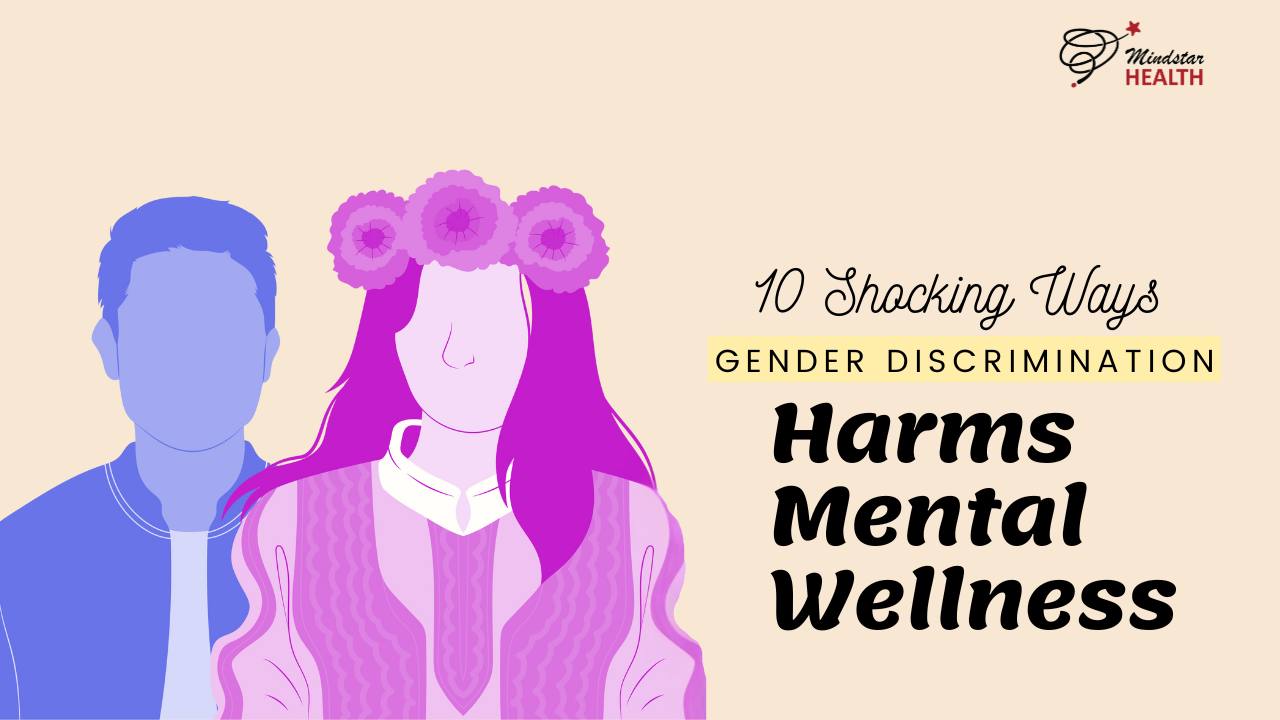
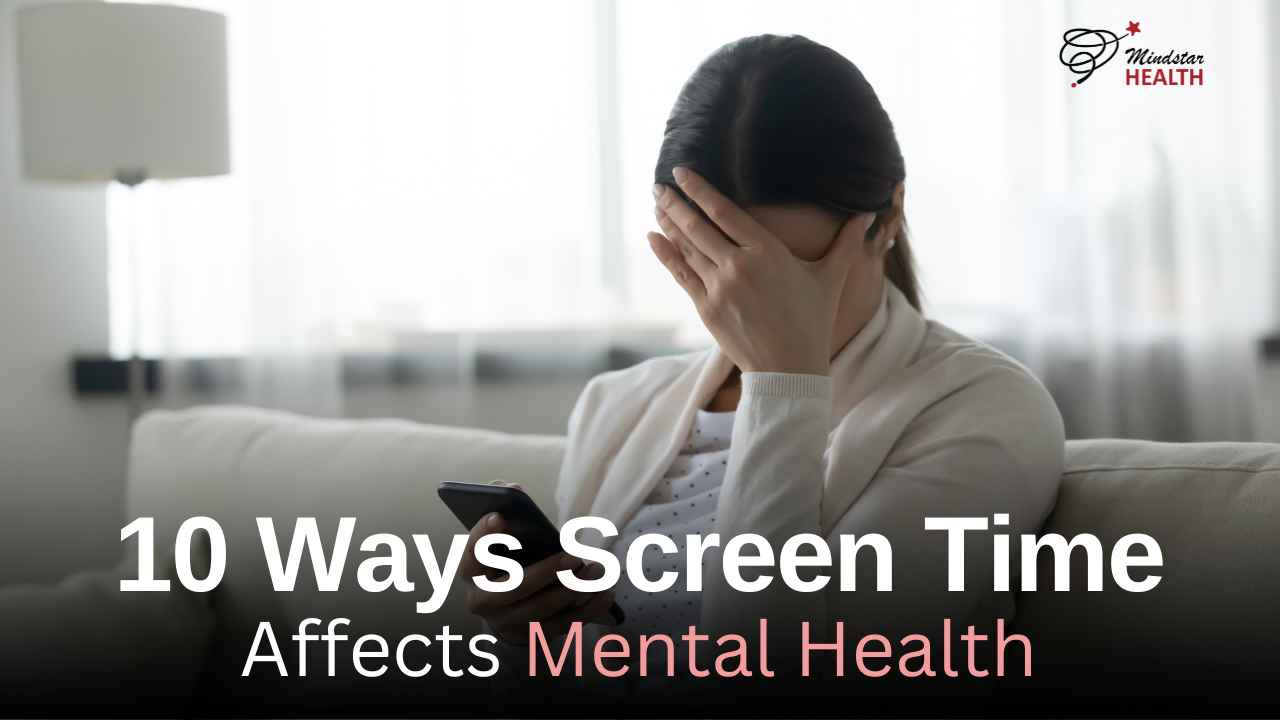

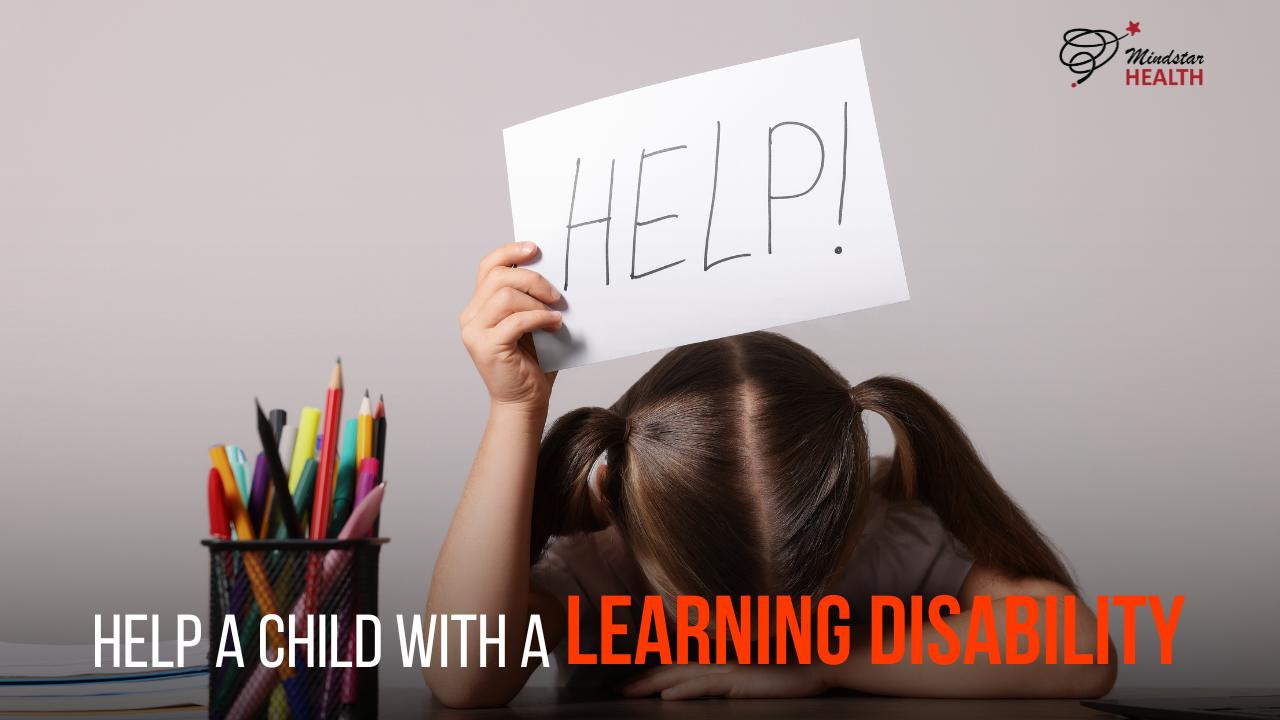
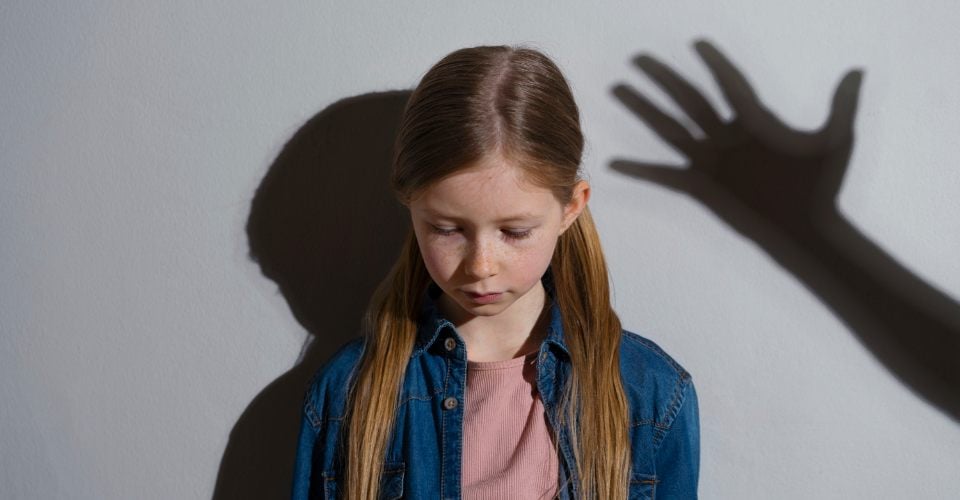
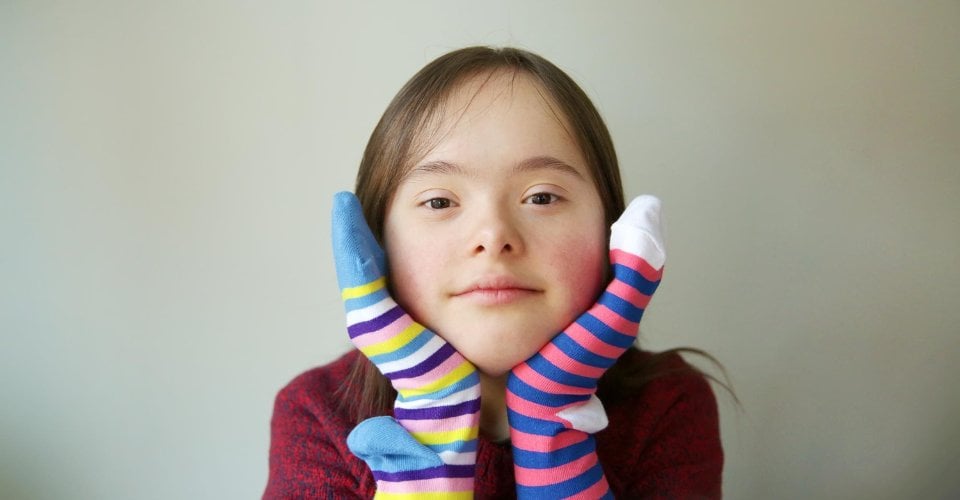




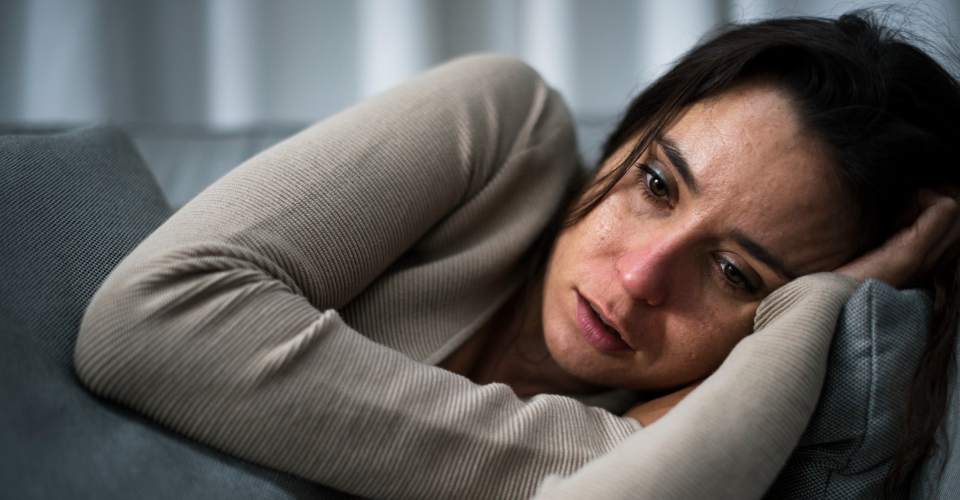

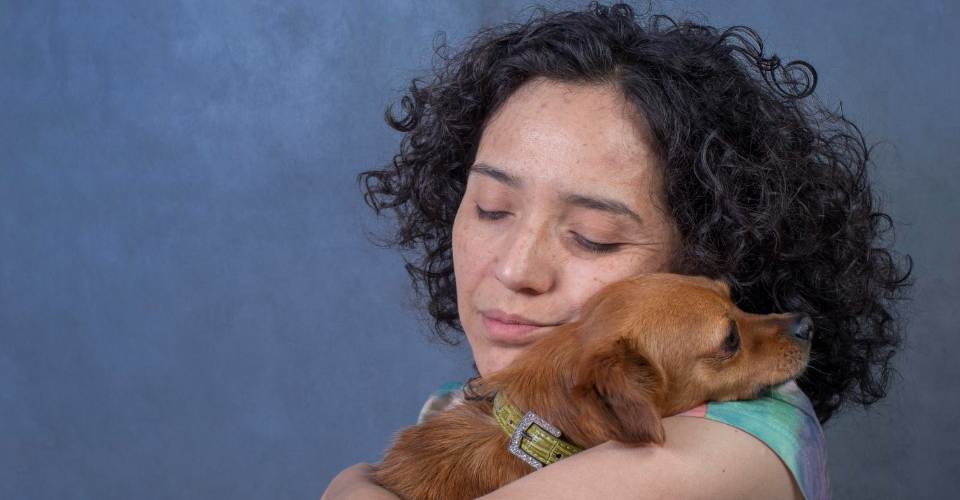
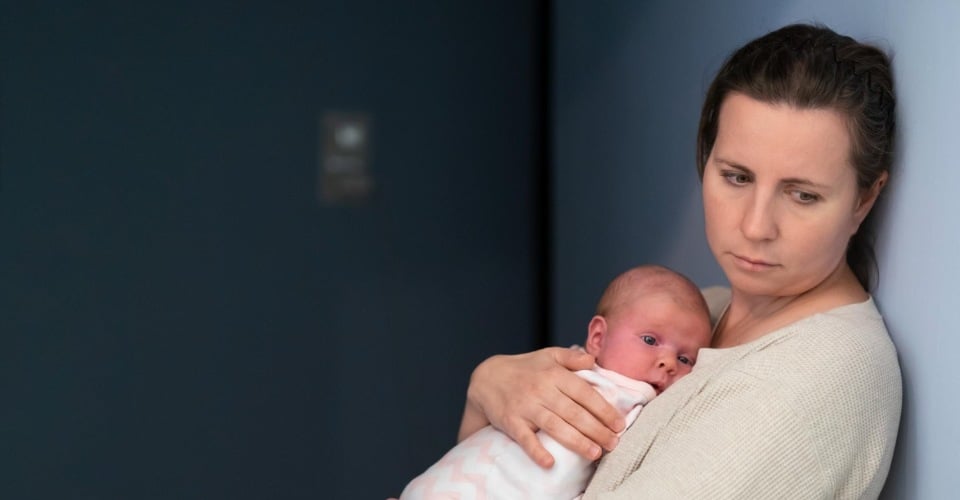

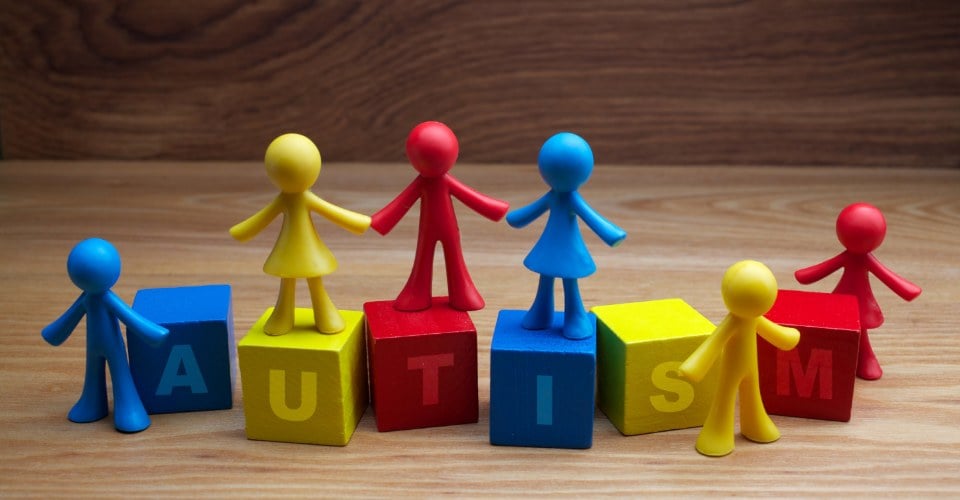
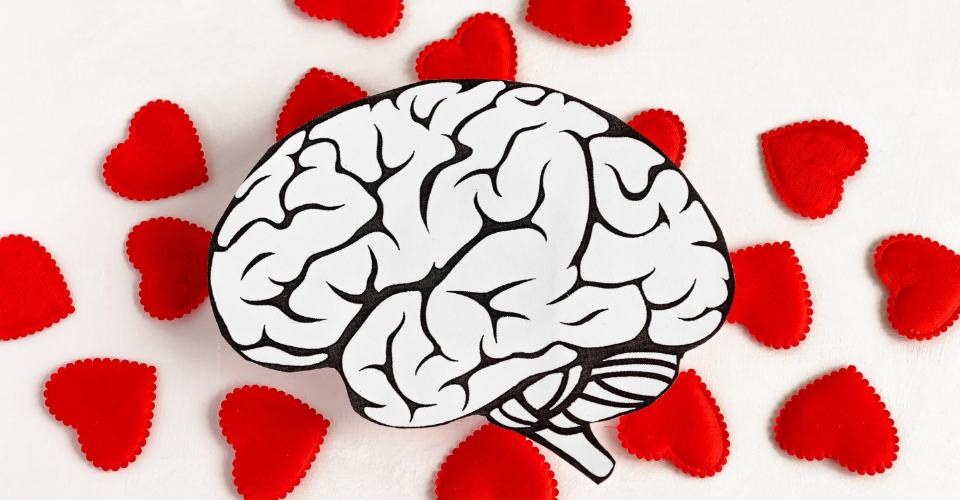

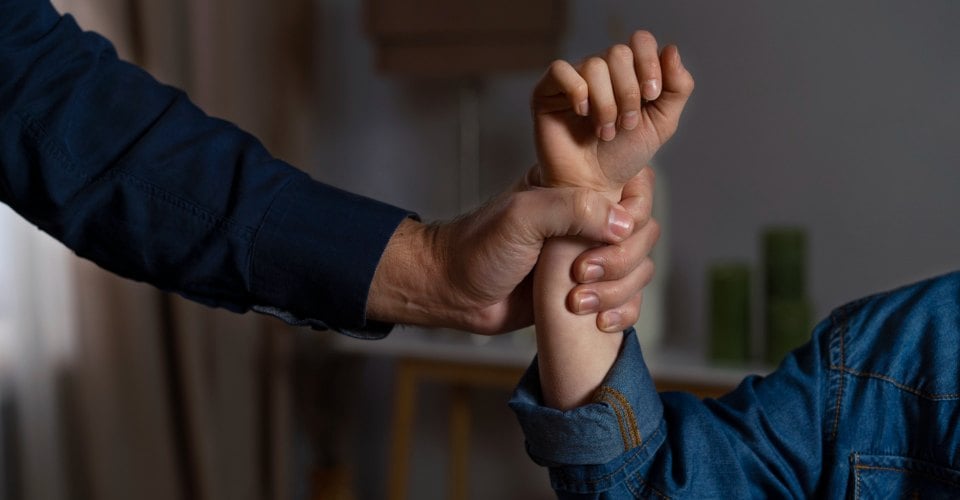

Leave a Reply
You must be logged in to post a comment.